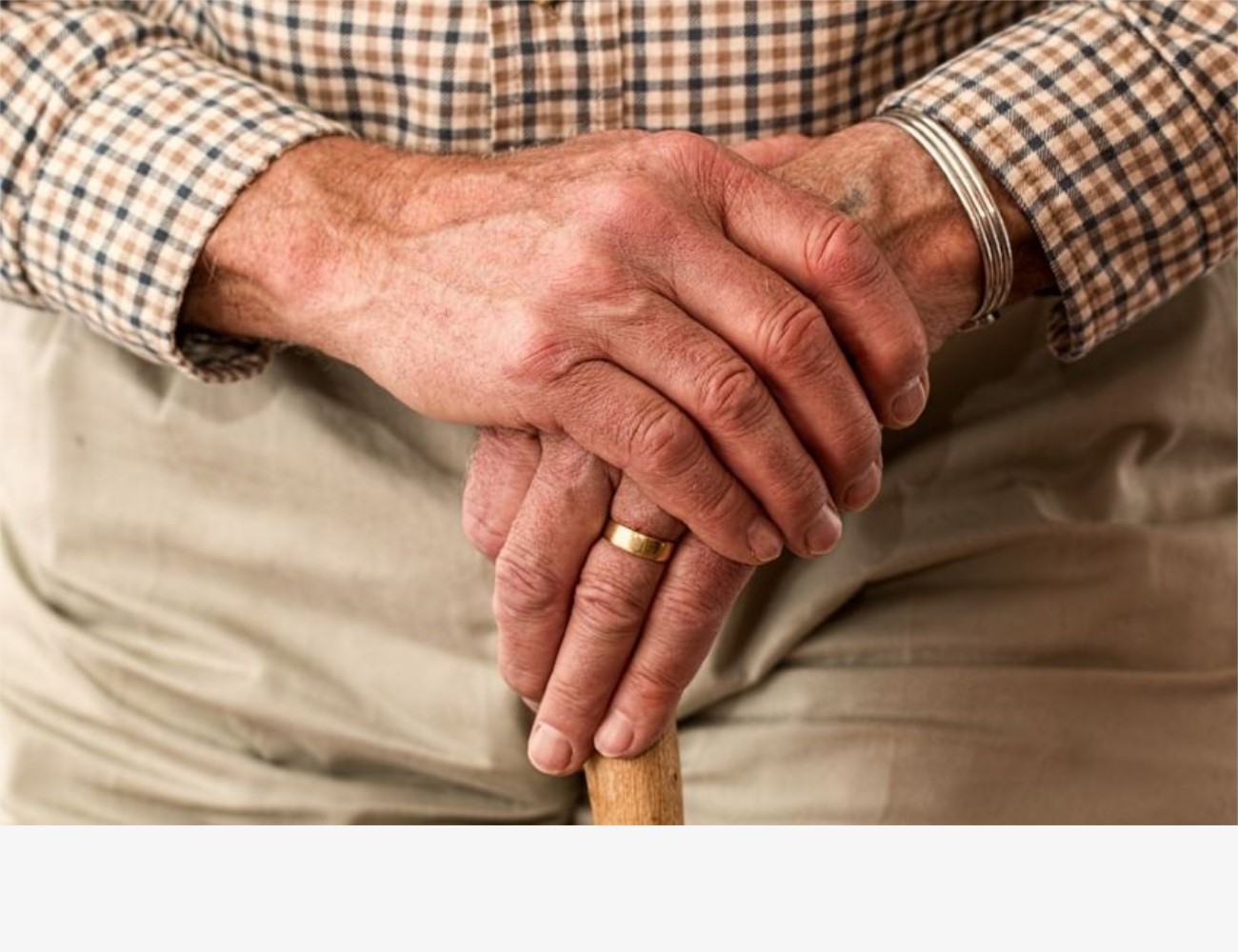
Covid-19: Care of the Elderly
The Covid-19 virus has spread rapidly throughout the world and has arrived in Portugal, infecting 2,060 people so far (data as of March 23, 2020). A state of emergency was declared and social isolation strongly recommended. It is time, more than ever, to follow the recommendations made by government and health entities.
Yes, the Covid-19 virus spread quickly, but science and medicine kept pace. Despite being relatively recent, it was quickly understood how the new coronavirus spreads, how it attacks the organism and, most importantly, how it stops and prevents its spread.
Covid-19 does not choose ages and attacks children, youth, adults and older. However, the chronically ill and the elderly are one of the most affected factions, as they have a weaker immune system and a body with less capacity to defend itself. Therefore, it is natural that those who have elderly people in their charge (informal caregivers, family members, geriatric technicians) fear the contamination of Covid-19 and its consequences.
It is worth remembering that you should follow the recommendations to prevent the spread of the virus: wash and disinfect your hands frequently, follow the respiratory etiquette (coughing and sneezing into your elbow or into a tissue, which should be discarded immediately), keep the social distancing and staying at home, leaving only in exceptional situations., leaving only in exceptional situations.
As for the elderly, redoubling attention and religiously following the above mentioned precautions is enough. Still, we leave a set of procedures that make a difference when the objective is to stop the spread of the virus and protect the elderly.
Leave the Visits for Other Time
There is a tendency to think that if you do not have any symptoms or have been in contact with someone who is infected, there is no reason to stop visiting parents, grandparents, uncles, great-uncles, etc. The truth is, it is possible to be infected and have very mild symptoms, or none at all. Therefore, it is best not to take any chances and leave the visits for another time.
We recommend that you take advantage of new technologies and keep in touch with older family members through video calling, for example. There are more and more applications that allow contact at a distance, in addition to being more and more intuitive and easy to use. It’s time to experiment with these new forms of communication and the timing couldn’t be better.

Keep the Elderly Safe
Experts confirm that the best way to prevent the spread of the virus is social isolation, that is, staying at home. This task can be especially difficult for those caring for the elderly or family members who are very active or mobile. Usually, these people have very well-defined routines, for example, going out and carrying out tasks independently. It can be difficult to make the elderly realize that the times we live in are different and that daily routines have to change, but it is important that they do.
For those with more limitations, we suggest you do little things for them: pay bills, shop, go to the pharmacy…
IInformation is Key
The fear of Covid-19 spreads more easily in the elderly, who are aware of the fragility of their health and fear the consequences of contagion. It is important to keep the elderly up to date, aware of the seriousness of the situation and the importance of following the recommendations of the health entities.
However, too much information can overwhelm the elderly and leave them in a state of great anxiety and stress. Inform him and keep him abreast of what’s going on, but not too much.

Keep the Elderly Person’s Diet Healthy and Complete
Elderly people require special attention, as their immune system needs every possible defense. Your diet should always be complete and healthy, even more so at this delicate stage.
Through the National Program for the Promotion of Healthy Eating (PNPAS), the General Directorate of Health (DGS) released a list of guidelines on the nutrition of the elderly, with the aim of promoting healthy eating and an adequate nutritional status. Recommendations such as:
Consumption of 2 servings of milk or dairy products per day;
Consumption of 2 to 3 servings of fruit per day, with 1 serving representing an average piece of fruit;
Consumption of pulses at least 3 times a week, for example, in soup;
Vegetables must be present at all meals.
You can see all the DGS and PNPAS recommendations on the National Health Service’s page on the nutritional status of the elderly.
Don’t forget that it is also important for the elderly to stay well hydrated, drinking plenty of water during the day.
Take Care!
Loja Ortopédica recognizes the importance of informal caregivers and all those who have elderly people in their care. At times like these, they are more important than ever.
This recommendation is for them. Times of great worry and anguish can arise at this time, so it’s very important that you make yourself stop and take a little for yourself: relax, do things you enjoy, keep in touch with friends and family and try to keep up. your routine, as far as possible.

It is worth remembering that if the elderly person presents any symptoms (fever, cough or breathing difficulties) they should contact the SNS 24, through the number 808 24 24 24. If they take a long time to answer, don’t despair. The influx of calls is high these days. The influx of calls is high these days.
It’s time to unite and each do their part.
Thank you!
Loja Ortopédica®




No Comments